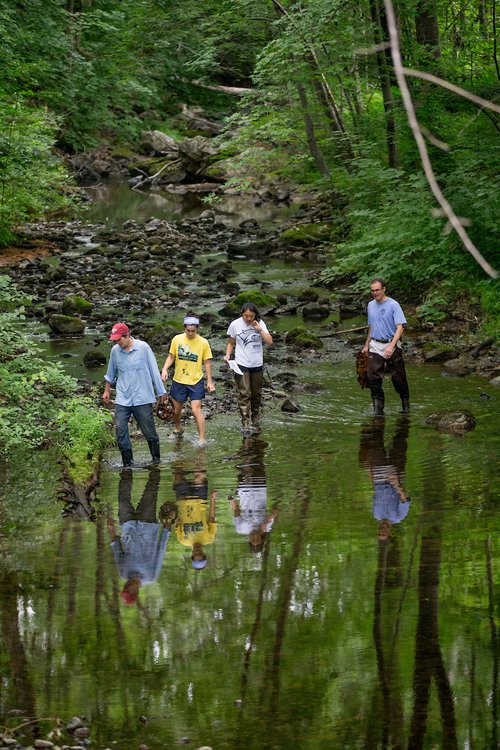Endowed Chairs

Christian A. Johnson Professor of Interdisciplinary Studies
Endowed by the Christian A. Johnson Foundation, the Christian A. Johnson Professorship recognizes the central place interdisciplinary teaching, learning, and scholarship have in a Bates education and honors a faculty member whose interdisciplinary work has enriched the intellectual life of the college.
Holly Ewing, Professor of Environmental Studies
Professor Ewing is a tireless teacher-scholar whose courses provide the core of the scientific concentrations in the Program in Environmental Studies. A soil scientist, she teaches such courses as Scientific Approaches to Environmental Issues; Water and Watersheds; Soils; and GIS across the Curriculum. She uses Bates' location in Maine to great advantage in field courses and research that challenge her students to study topics from air quality at Acadia National Park to our local drinking water from Lake Auburn. Her research, in which she engages students as collaborators, investigates the interconnections among atmospheric, terrestrial, and aquatic ecosystems. She has served as chair of the Program in Environmental Studies for many years, and, with Professor Rebecca Herzig, designed a new process for tenure and promotion that recognizes the role of interdisciplinary work in personnel assessments and creates a more equitable procedure for tenure and promotion review. She is also a member of the Program in Gender and Sexuality Studies.

